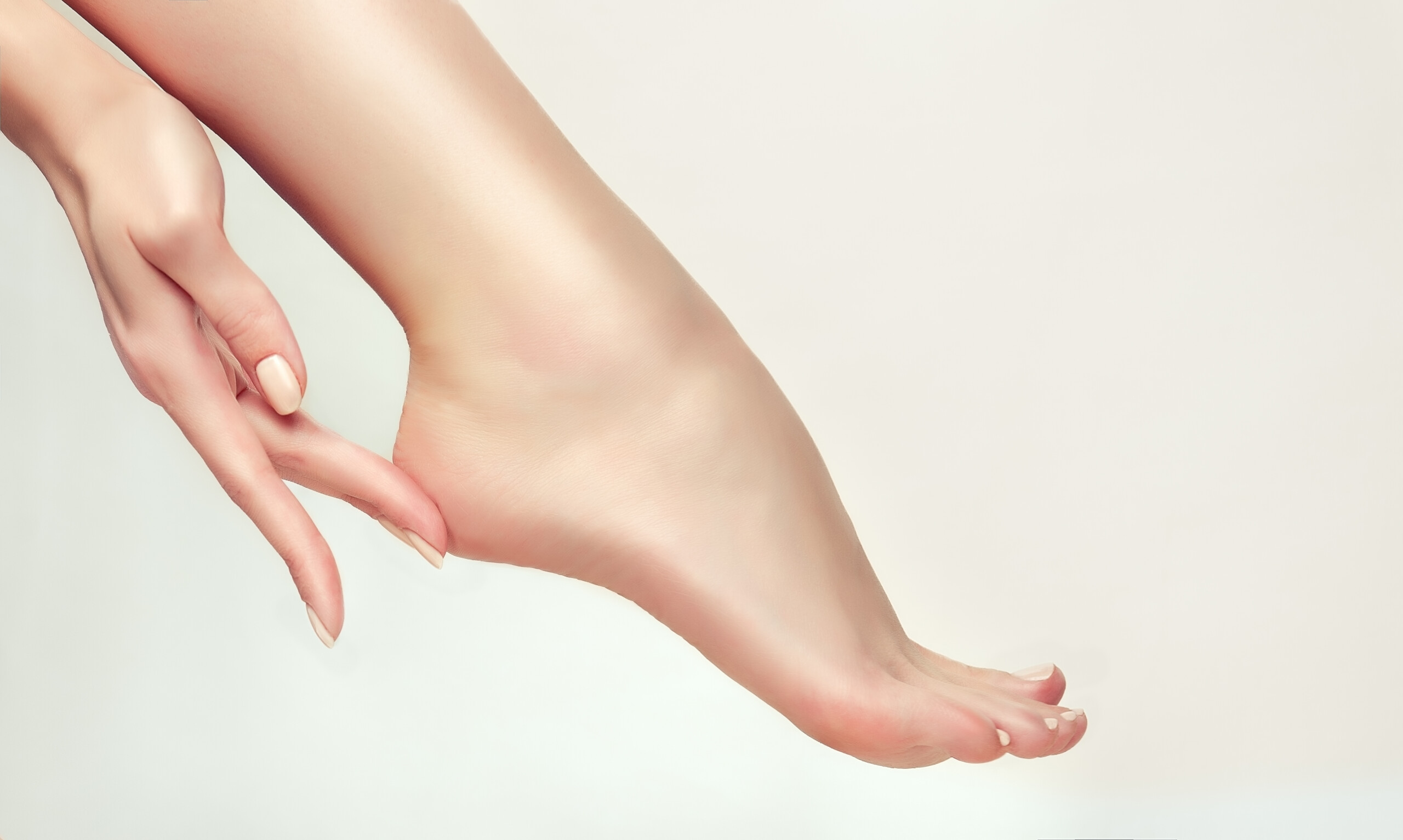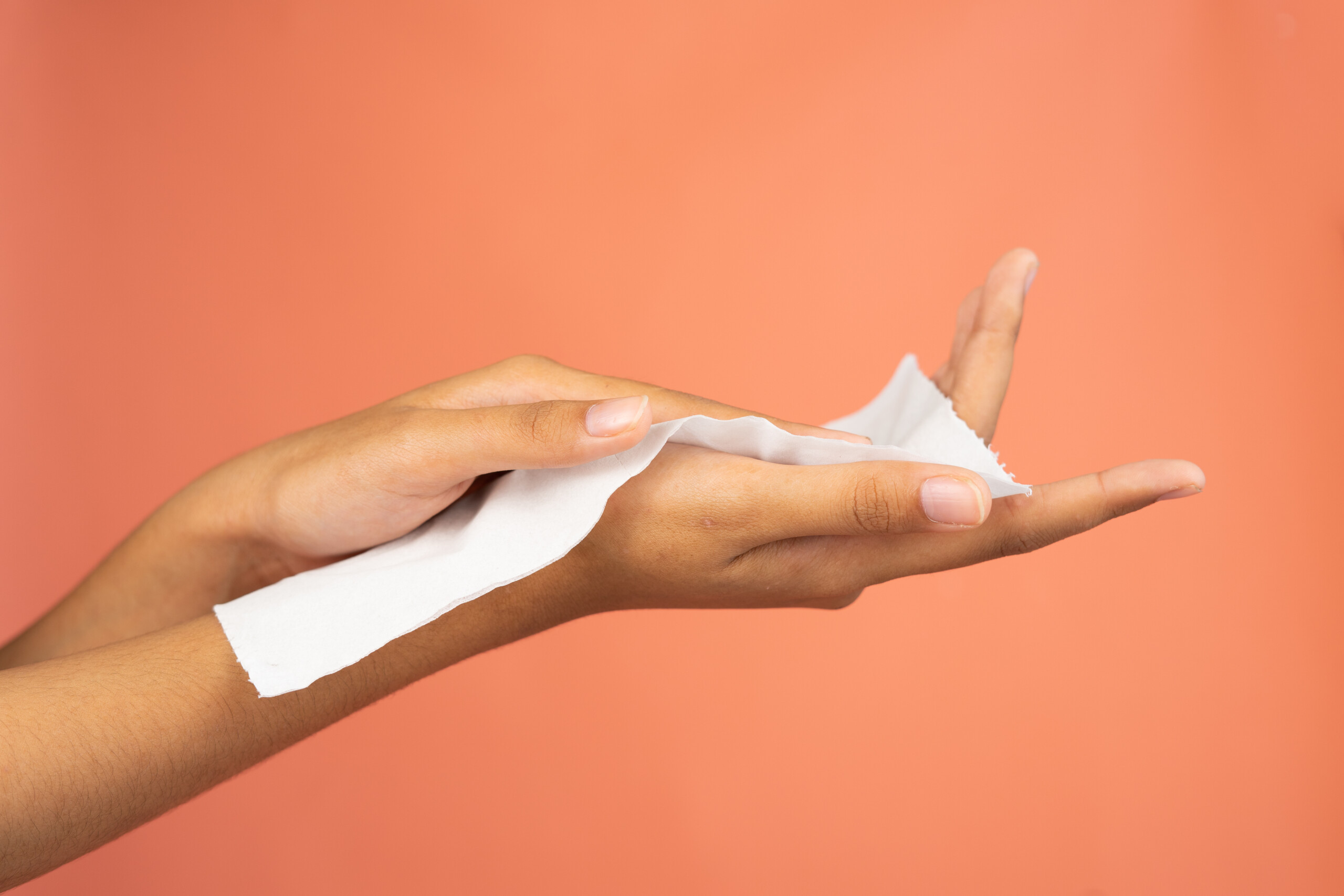Dermatology Tips and Treatments for Hyperhydrosis of Hands: Cutting-edge Solutions
Dermatology Tips and Treatments for Hyperhydrosis of Hands: Cutting-edge Solutions
Blog Article
Understanding the Source of Excessive Sweating and Its Influence On Every Day Life
Excessive sweating, likewise called hyperhidrosis, is a problem that affects a considerable section of the population, yet its underlying reasons and effects on daily working continue to be rather enigmatic. While it is typically comprehended as a physical feedback to regulate body temperature, the triggers for extreme sweating can differ extensively amongst individuals, encompassing not only physical aspects yet additionally emotional and psychological aspects. The effect of this problem prolongs past simple pain, commonly affecting social communications and general high quality of life. By diving into the origin of hyperhidrosis and exploring its multifaceted effects, a deeper understanding of this prevalent concern can be obtained, clarifying the intricacies that individuals coming to grips with extreme sweating navigate on a daily basis.
Physiology of Sweat Glands
The guideline of sweat manufacturing, a vital physiological process, is largely managed by the task of sweat glands distributed across the human body. Sweat glands are classified into two major types: eccrine and apocrine glands.
When the body temperature level climbs, either because of physical task, high temperatures, or psychological stress and anxiety, the anxious system causes the sweat glands to create sweat. This sweat is made up primarily of water and electrolytes like sodium and chloride. The procedure of sweat manufacturing is important for preserving the body's inner temperature within a narrow, ideal array, highlighting the critical function gland play in human physiology.
Triggers for Excessive Sweating
In recognizing the root causes of extreme sweating, it is critical to identify the triggers that can result in this physiological action. Too much sweating, additionally known as hyperhidrosis, can be prompted by various elements, both ecological and physical. One typical trigger is psychological stress and anxiety or anxiousness, which can stimulate the body's sweat glands to produce more sweat than is necessary for cooling. Physical exertion, heats, and spicy foods are also known to set off excessive sweating in individuals prone to this condition. Certain medical problems like diabetic issues, menopause, or hyperthyroidism can add to extreme sweating as well.
In addition, medicines such as some antidepressants, opioids, and certain supplements can additionally function as triggers for hyperhidrosis. Comprehending these triggers is essential in managing extreme sweating efficiently - Treatment for hyperhydrosis of hands. By determining and addressing the certain triggers that prompt too much sweating in an individual, medical care companies can develop individualized treatment plans to alleviate this condition and boost the individual's lifestyle
Medical Conditions Associated
Connected with too much sweating are different clinical conditions that can worsen this physical feedback. One typical problem is hyperhidrosis, a disorder defined by extraordinarily increased sweating that surpasses the body's thermoregulatory demands. This can manifest in focal areas like the hands, soles, underarms, or face, impacting an individual's high quality of life as a result of social embarrassment and discomfort.
Additionally, endocrine conditions such as hyperthyroidism, diabetes mellitus, and menopausal warm flashes can additionally lead to excessive sweating. Hyperthyroidism causes an overproduction of thyroid hormones, accelerating metabolism and setting off sweating. Diabetic issues can cause sweating episodes, especially during hypoglycemic episodes when blood sugar levels drop too reduced. Menopausal warm flashes, credited to hormone variations throughout menopause, can trigger unexpected and intense sweating, often accompanied by flushing and heart palpitations.
Moreover, infections like hiv, tuberculosis, and endocarditis have been related to night sweats, a common signs and symptom understood to disrupt rest and impact general well-being. These clinical conditions highlight the varied variety of underlying elements that can add to extreme sweating, necessitating thorough analysis and administration by healthcare specialists.
Emotional and Emotional Aspects

Influence On Social Interactions
Extreme sweating can have extensive effects on a person's capacity to involve pleasantly in social interactions. The visible signs of sweat stains or damp spots on apparel can cause humiliation and self-consciousness, creating people to withdraw from social situations. This withdrawal can impact partnerships, restriction read here social tasks, and prevent professional and individual development.

In addition, the anxiety and self-confidence concerns originating from excessive sweating can affect communication and social abilities. People might battle to focus on conversations, take part in team tasks, or share themselves with confidence. This can bring about feelings of isolation and loneliness, as social connections become challenging to preserve.
Final Thought

While it is frequently comprehended as a physiological reaction to control body temperature, the triggers read this article for excessive sweating can differ extensively amongst individuals, encompassing not just physical variables yet psychological and also psychological components. By delving into the origin triggers of hyperhidrosis and exploring its multifaceted results, a much deeper understanding of this pervasive issue can be obtained, dropping light on the complexities that people grappling with extreme sweating navigate on a daily basis.
Physical physical effort, high temperatures, and spicy foods are also recognized to cause excessive sweating in people vulnerable to this condition. By recognizing and attending to the specific triggers that motivate too much sweating in a specific, medical care companies can create customized treatment strategies to minimize this problem and enhance the individual's high quality of life.
Excessive sweating can have extensive effects on a person's ability to involve comfortably in social communications.
Report this page